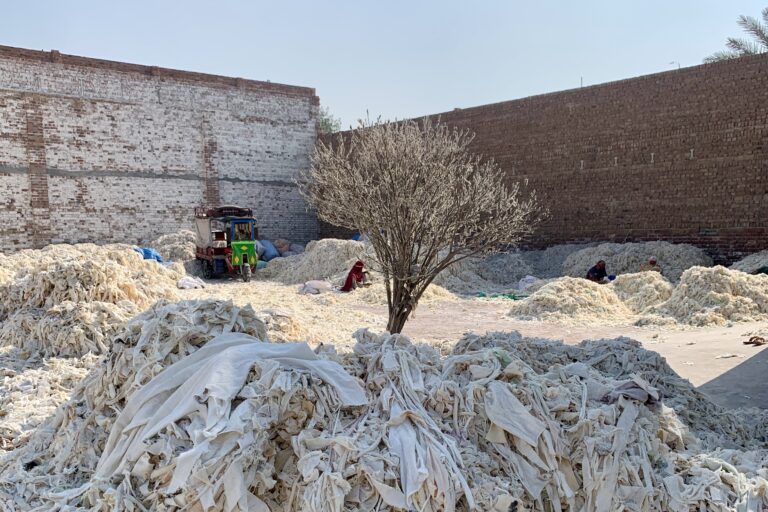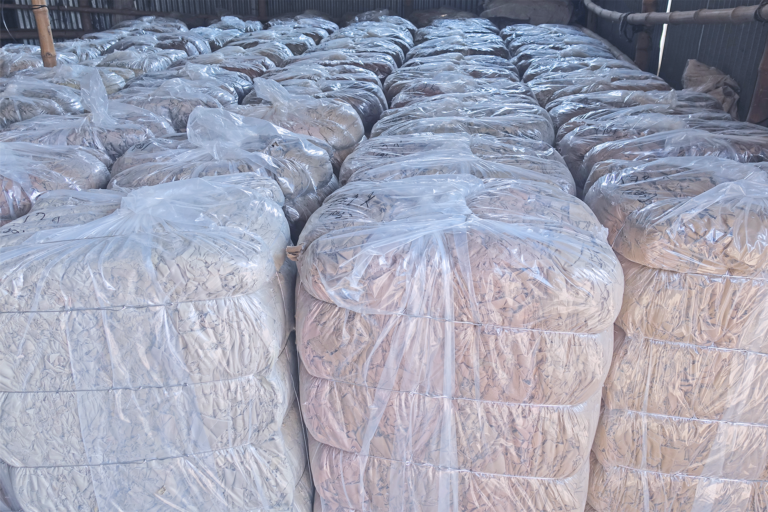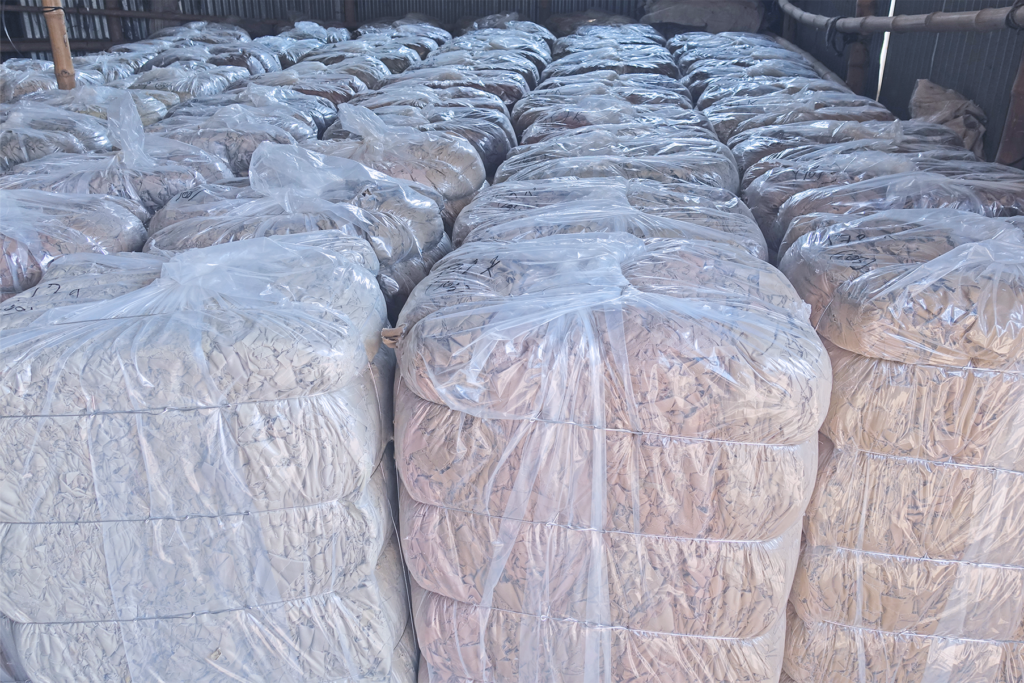
With 400 000 tonnes of production waste available in Bangladesh per year, there is currently almost no recycling industry to use that waste again for high-quality yarn and fabric production. RR has been suggesting strategic steps to move ahead in mapping out the waste and making it appealing for new recycling technologies to see BD as their target market for further investments. It all starts by collaboration and networking around closing the loop and testing out technologies.
By end of last year we mapped 5000+ tonnes of monthly recycling capacity in India, Pakistan, Scandinavia, Spain and other places. We organised this into list of categories of waste by which it is most meaningful for waste suppliers to sort their waste.
However, even though we’ve shown with our pilot projects how waste segregation at source is helping factories to increase their earnings for their waste by 5-10 times as well as help building circular economy, it was for a while the biggest challenge for us as a start-up to invite factories to start segregation and join the platform.
We are glad to say that now we have solved this problem. Within 2 weeks time we now got 8 large suppliers in Bangladesh and 1 in India to sign up to start segregating, selling and tracing their waste through RR platform. To meet the requirements of our recycler network we now have roughly 150+ tonnes of 100% cotton waste per month, enough to send a shipping container to each of our recycler.
On top of the 8 first suppliers signing up, BGMEA (Bangladesh Garment Manufacturers and Exporters Association) has given their consent to support our project. BGMEA, although representative of private sector, has strong political and public power to push for change and development in the textile sector in Bangladesh.
We are also discussing collaboration with Global Fashion Agenda. Together with a list of other project participants (incl. BGMEA) our project proposal has been shortlisted to top 10 by P4G. The tender for P4G is looking very promising because this would bring along a project to be launched in Bangladesh which would provide yet additional support to our ongoing efforts.
However, even though we’ve shown with our pilot projects how waste segregation at source is helping factories to increase their earnings for their waste by 5-10 times as well as help building circular economy, it was for a while the biggest challenge for us as a start-up to invite factories to start segregation and join the platform.
We are glad to say that now we have solved this problem. Within 2 weeks time we now got 8 large suppliers in Bangladesh and 1 in India to sign up to start segregating, selling and tracing their waste through RR platform. To meet the requirements of our recycler network we now have roughly 150+ tonnes of 100% cotton waste per month, enough to send a shipping container to each of our recycler.
On top of the 8 first suppliers signing up, BGMEA (Bangladesh Garment Manufacturers and Exporters Association) has given their consent to support our project. BGMEA, although representative of private sector, has strong political and public power to push for change and development in the textile sector in Bangladesh.
We are also discussing collaboration with Global Fashion Agenda. Together with a list of other project participants (incl. BGMEA) our project proposal has been shortlisted to top 10 by P4G. The tender for P4G is looking very promising because this would bring along a project to be launched in Bangladesh which would provide yet additional support to our ongoing efforts.
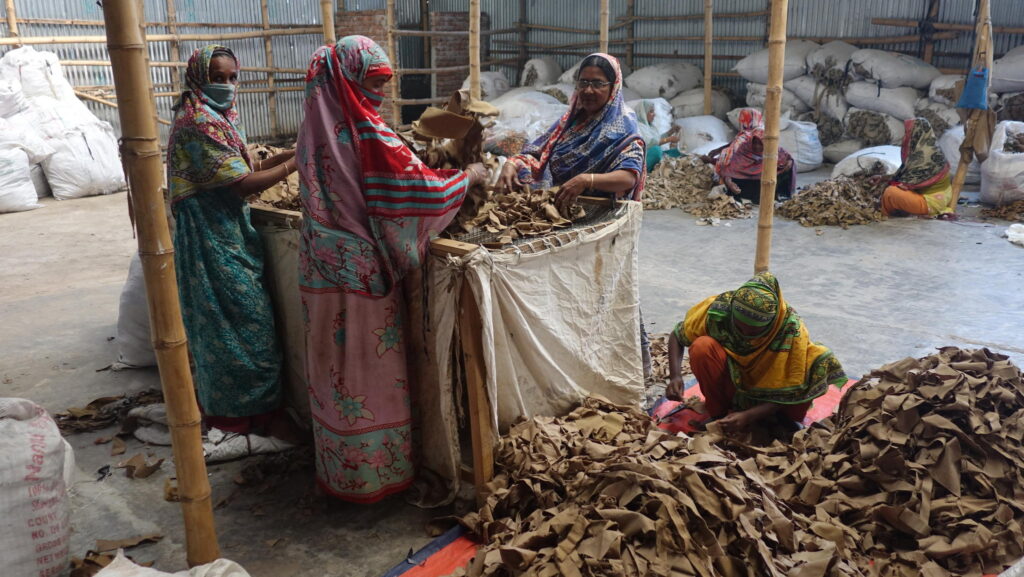
Ladies in Bangladesh doing the last stage of cleaning of the textile waste from contamination and dust before shipping it out for recycling into new high-quality yarns in Spain.
